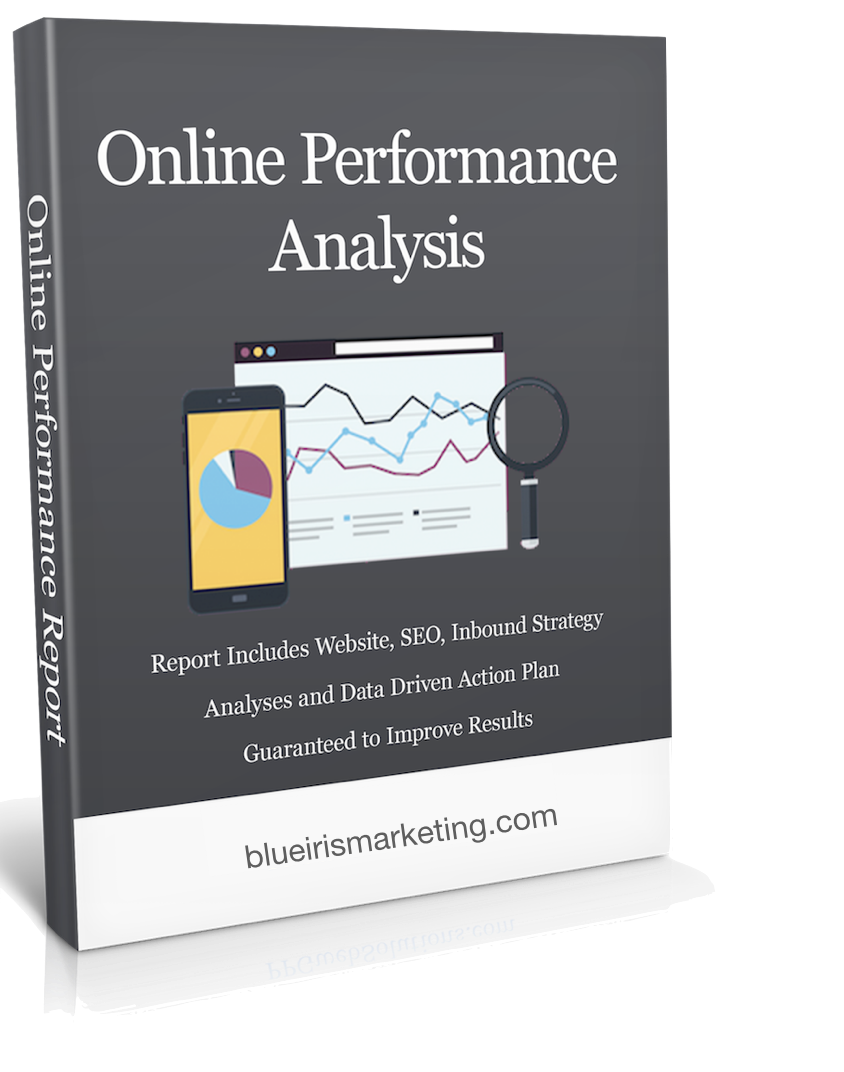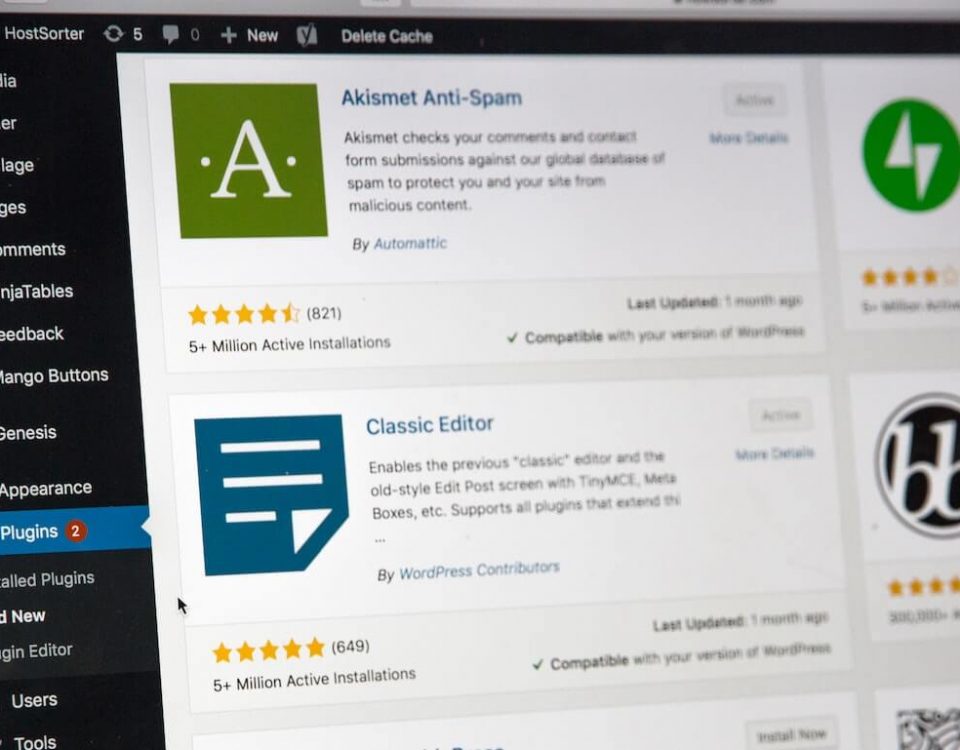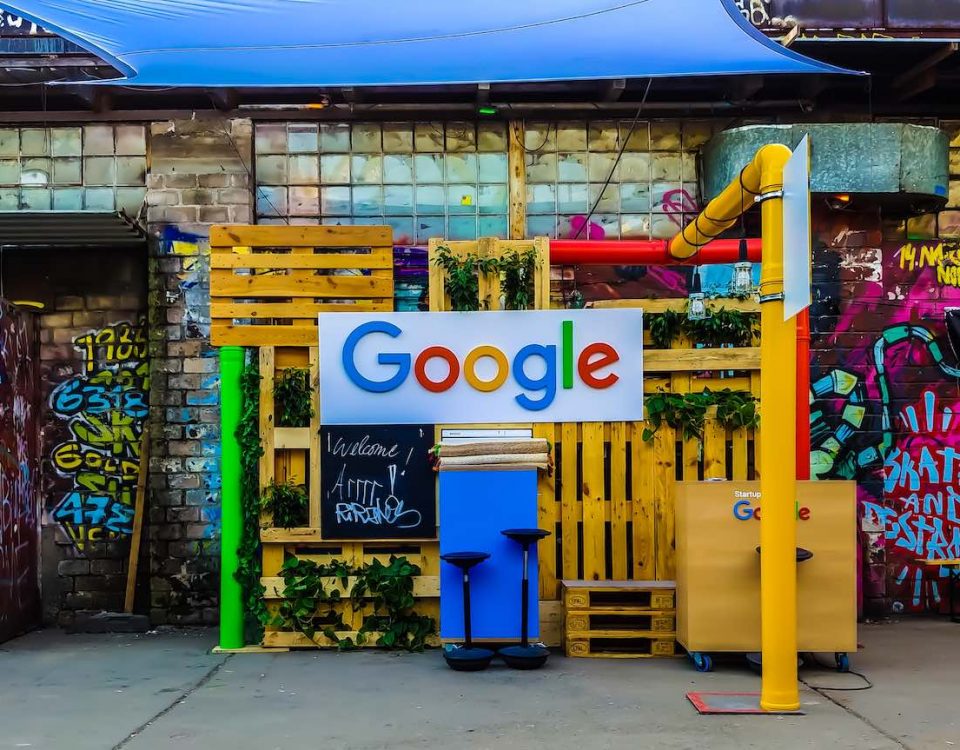On-Page SEO – The Perfectly Optimized Page

7 Tips to Increase Page Rankings and Readership
July 14, 2017
Do You Need A New Website?
August 12, 2017Before you ever hit publish, you need to master on-page SEO. We’ve outlined the on-page SEO factors that will make or break your page rankings in 2017.
Do You Need SEO?
Uh… Yes! You do need SEO (search engine optimization)!
I am always shocked (and a little frustrated) when I hear a client say that a web design company told them that if their content was well written, they wouldn’t need a formal, ongoing search engine optimization plan.
“In what world?” I want to ask.
I usually refrain and ask what their online goals are, if I don’t already know the answer.
Next, I ask the client if they’ve done a competitive analysis to learn what their competitors are doing.
Sadly, their answer typically consists of a head tilt, eyebrow pucker and almost impossible to read back and forth nod. If I listen really carefully, I can hear them utter “no,” under their breath.
Listen, if you understand how search engines work and how your buyer searches for answers and information, you know you need to have a search engine optimization plan and practice in place.
It almost seems cruel to ask them, at this point, if they have created written buyer personas. Let’s face it. You can’t create good – no scratch that – relevant content for your buyer if you don’t have a well-researched, facts-based buyer persona.
If you don’t have a buyer persona, you don’t have good content.
And, if you aren’t performing onsite and off-site search engine optimization best practices with your well-researched, optimized content, it isn’t going to be found – by any one.
Content is the fuel and food for your search engine optimization efforts. So, you must have excellent content. It is your high-quality, highly relevant keyword and off-site optimized content that determines how well you rank when your buyer submits a search engine query containing your search engine optimized keywords.
Ranking performance really is a battle of the fittest. The best written content that most effectively answers the questions your buyer is asking and is optimized effectively is what ranks highest in the search engines.
There are 2 categories of ranking factors. The factors for on-page or technical SEO and the factors for off-page or off-site search engine optimization.
In this article, we’ll cover the on-page SEO Factors you need to master in 2017 if you want to create the perfectly optimized webpage or landing page.

The Perfectly Optimized Page: On-Page Ranking Factors for 2017
Title Tag
The most important on-page SEO factor is the title tag.
Your title tag should always begin with your keyword.
URLs
Make your URLs SEO friendly by making them short and keyword relevant.
Title Modifiers
Use title modifiers like “2017 Best,” “How-to,” and “7 Tips.” Your title should be keyword rich and contain modifiers that create long-tail keywords.
Wrap that Title
Be sure to wrap your title in the <H1> tag. SEO loves the H1 title tag and every blog post and page title should be wrapped in it.
Wrap Your Subheadings Too
Create keyword rich subheadings and wrap them in <H2> tags.
Responsive Design
Google released a major mobile-friendly algorithm update in 2015. Responsive website design is Google’s recommended way to tackle mobile-friendly sites and, as such, is the approach you should take unless you have very strong reasons not to.
If your site isn’t fully mobile-friendly, by the beginning of 2018, it won’t rank at all on mobile searches. Rumor has it that it may even impact your desktop search rankings.
Most searches are performed on mobile devices. You’re going to feel the sting of that one if your site isn’t mobile friendly.
Link to Relevant Page Resources
Google wants you to provide links to relevant external websites. In addition to providing readers with additional resources, it helps Google better understand what your page is about. This is important to how your page is indexed. How your page is indexed determines how well you rank for the search terms your buyer is querying.
Internal Linking
Provide at least 2 to 3 links to your website’s relevant content. It’s helpful to your reader and to Google.
Site Speed
Site speed is one of the top-ranking factors. Many recent surveys are revealing that if your site takes longer than 4 seconds to load, users won’t revisit. Experientially, I know this is true.
Relevant Topical Words
Google expects that your topic contains not only relevant keyword phrases, but also a broad range of topically related keywords. Google refers to these words and phrases as Latent Semantic Indexing or LSI.
Some confuse LSI with synonyms. While synonyms are expected, Google is referring to related terms. For instance, if I owned a bike shop and published topics about biking, Google would expect me to include terms like handlebars, bicycle chains, tires and helmets.
LSI keywords are important because when content is created specifically to answer the questions of the user and it is written for human consumption, it naturally has topically related words that are valuable to rich content.
Optimize Your Images
It isn’t enough to simply load your images into the media library. You need to add alt tags. Alt tags are created using your keywords. Also, be sure to minimize the size of your images. The small to large images should be 25kbs to 60kbs (not megabytes) and extra-large images should not exceed 100kbs.
Social Share Buttons
Social sharing is an indirect way to drive more traffic to your website. Convenient and obvious share buttons have been shown to increase social sharing by more than 700%.
Content Length
Backlinko.com says, “Length is strength.” Every year studies come out that show us the average number of words contained in page-one ranking content. Currently, page-one ranking content contains an average of 1900 +/- words.
Google also measures how long users are on your page. Your longer content should be engaging and your page design should be captivating. The longer visitors stay on your page the better.
Are Your Pages Perfectly Optimized?
Once your content passes all the tests, the first step in earning high page rankings is making sure your page is optimized properly.
Want to know if your web pages pass the test?
We’ll analyze your web pages and landing pages and let you know exactly what you can do to improve your rankings, traffic and conversions.
It’s free and you’ll get the results quickly.
Get Your FREE Website and SEO Analysis Today
Using data-driven analyses and research, we will conduct a thorough performance audit of your:
- Brand Performance
- Inbound Marketing Strategy
- Search Engine Optimization
- Competition
- Website
- Social Signals
- Domain Ranking and Rating





